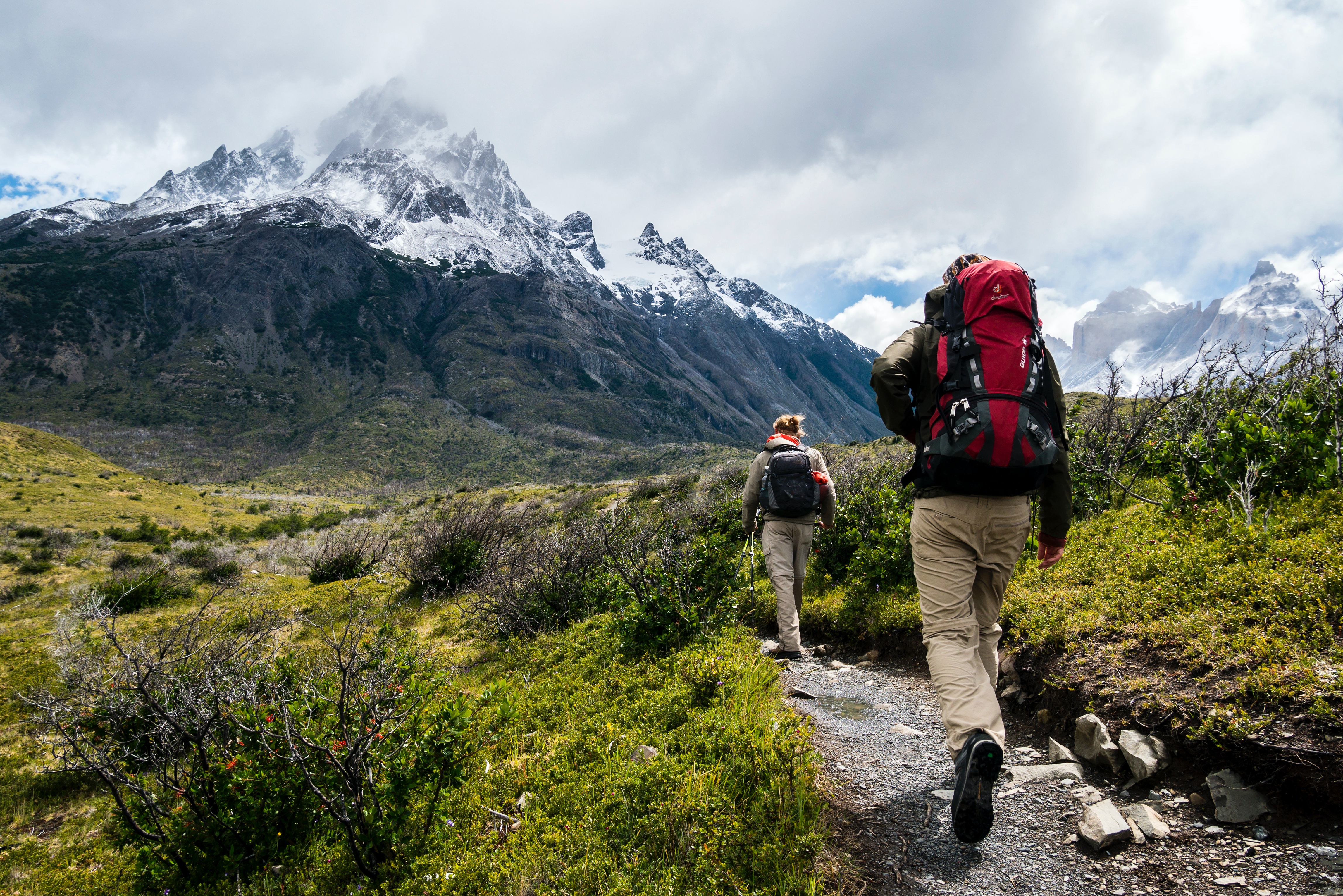Responsible Hiking: Caring for Nature and Wildlife Along the Trail

Hiking allows us to immerse ourselves in the beauty of nature, providing an opportunity to connect with the environment and encounter diverse wildlife. As outdoor enthusiasts, it's essential for us to prioritise responsible practices that preserve and protect the natural habitats that we are lucky enough to explore. Below we will delve into some of our most valuable tips and guidelines for caring for nature and wildlife while hiking, ensuring that future generations can continue to enjoy the wonders of the great outdoors.
Stick to Designated Trails:
When venturing into the wilderness, it's crucial to stay on marked trails. Straying off the designated paths can disrupt fragile ecosystems, trample vegetation, and disturb wildlife habitats. By respecting trail boundaries, we minimise our impact on the surrounding environment, preserving its natural balance.
Leave No Trace:
The "Leave No Trace" principle is the golden rule for responsible hiking. Carry out everything you bring in, including food wrappers, trash, and any other waste. Dispose of it properly in designated bins or bring it back with you. This not only keeps the trails clean but also prevents harmful litter from affecting local wildlife.
Minimise Noise and Disturbance:
While hiking, maintain a calm and quiet demeanour to avoid disturbing wildlife. Excessive noise can startle or stress animals, leading to unintended consequences. Keep conversations at a low volume, turn off or silence electronic devices, and be mindful of the sounds you make. Observing animals from a respectful distance without interfering allows them to carry on with their natural behaviours.
Respect All Wildlife and Their Habitat:
Wild animals are best appreciated from a safe distance. With this in mind, ensure that you maintain a respectful distance if and when you encounter wildlife while out hiking, using binoculars or zoom lenses for a closer look. Never approach, feed, or attempt to touch or handle any wild animals. Remember that their habitat is their sanctuary, and we should be guests in their world.
Preserve Flora and Fauna:
The diverse plant and animal life encountered while hiking contribute to the delicate balance of ecosystems. Avoid picking flowers, damaging vegetation, or disturbing natural features. Observe and photograph plants and animals instead, leaving them undisturbed for others to appreciate.
Educate Yourself:
Before embarking on a hiking trip, educate yourself about the local lay of the land. Familiarise yourself with any specific regulations or guidelines pertaining to the area. Understanding the natural environment and its inhabitants enhances our ability to appreciate and protect them.
Share Knowledge, Not Locations:
When sharing hiking experiences on social media or with fellow hikers, exercise discretion when disclosing specific locations of sensitive habitats or rare wildlife. Overexposure can lead to increased foot traffic, potentially harming delicate ecosystems. Focus on sharing responsible practices and promoting environmental awareness instead.
Hiking is a great activity and by caring for nature and wildlife while you’re out doing it, we can all become stewards of the environment, contributing to the preservation of our natural heritage. Together, we can protect and cherish the beauty that surrounds us.
Happy and responsible hiking!
